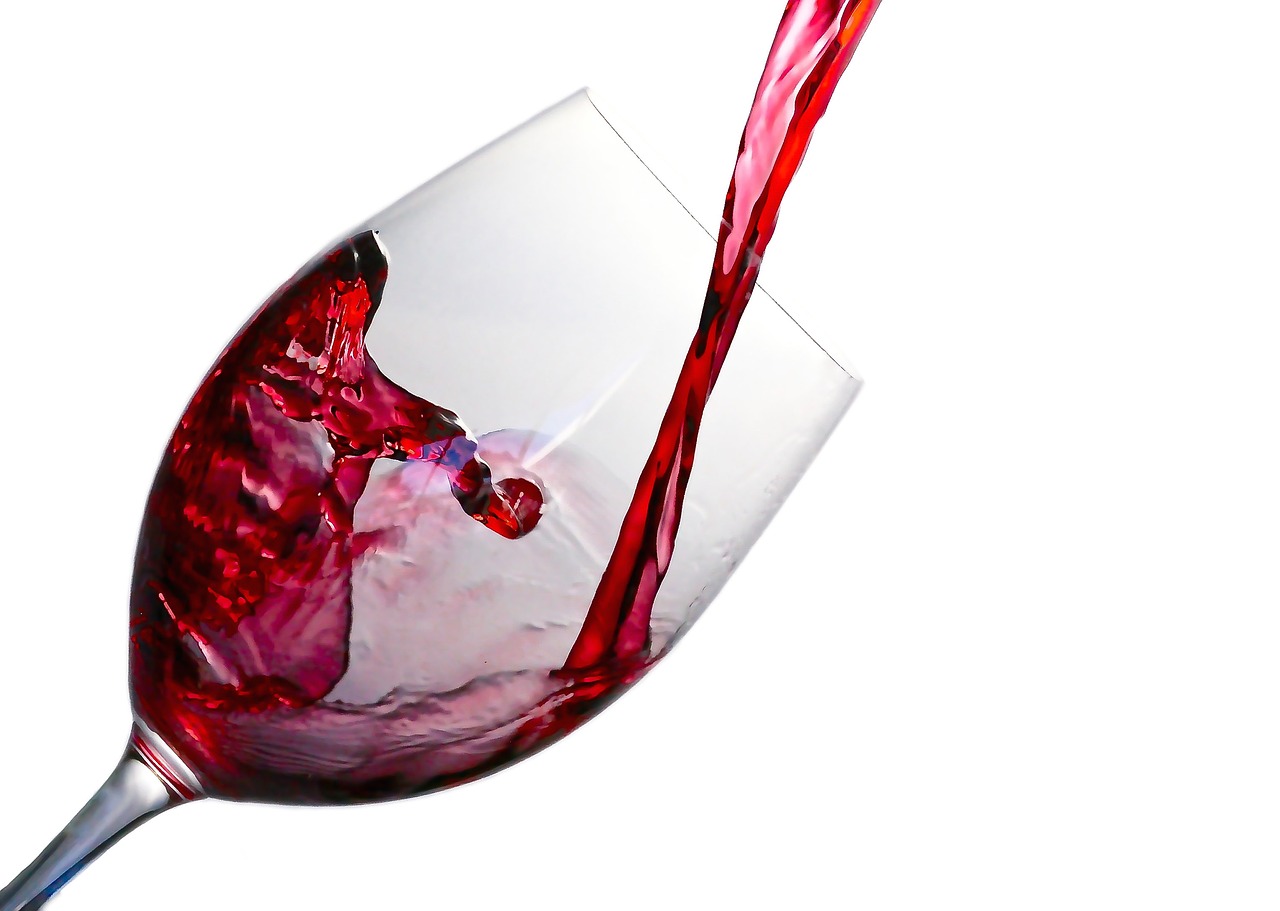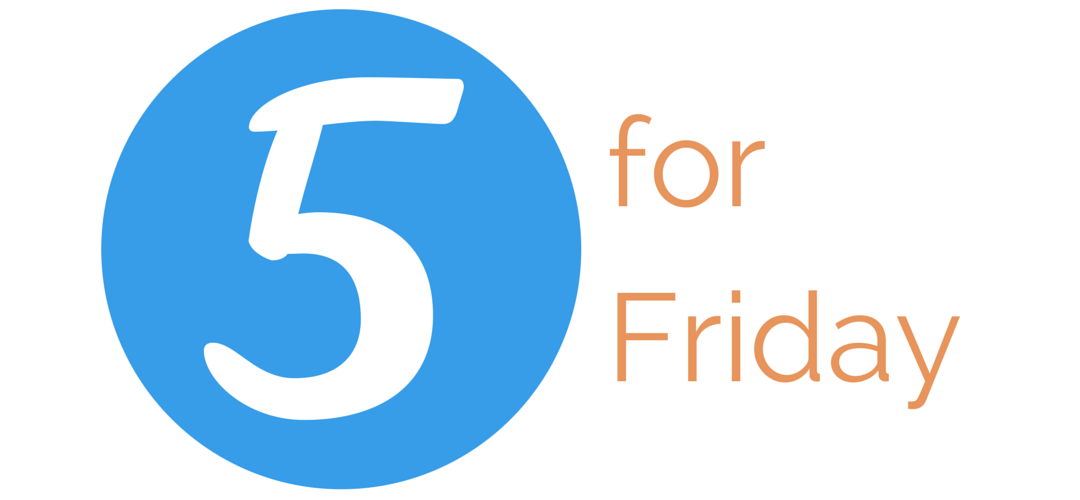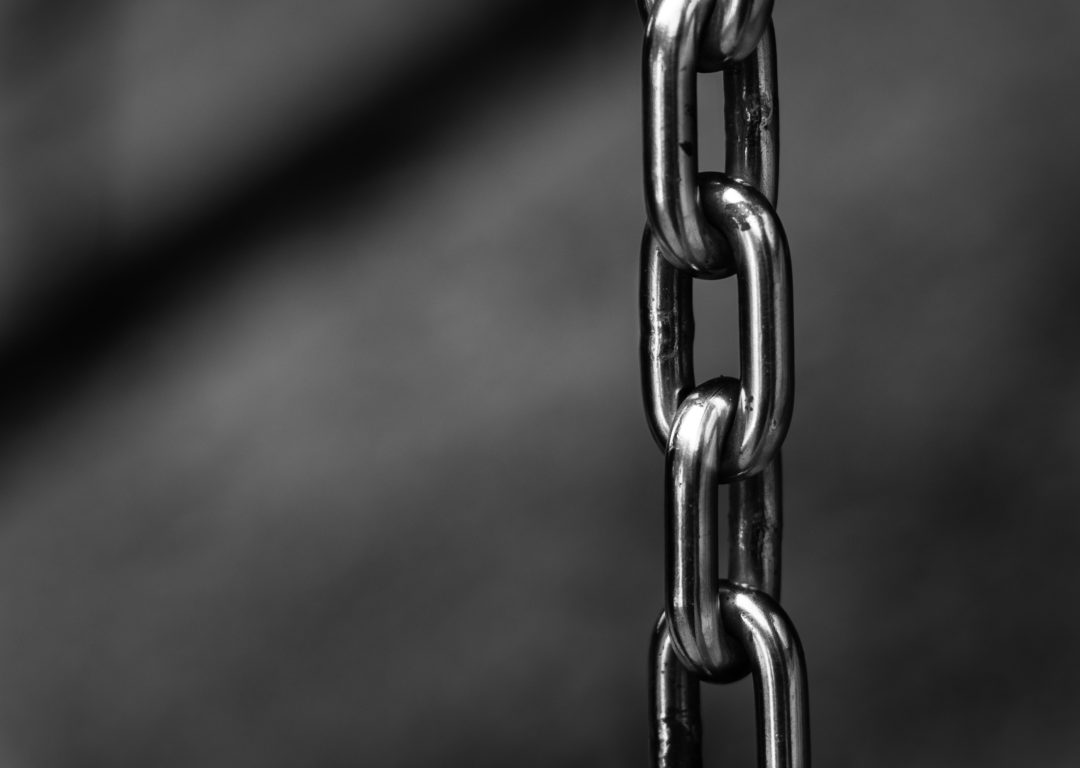This morning, on my usual walk through my neighborhood, I listened to an episode of Pastor Nadia Bolz-Weber’s podcast, The Confessional. (I’ve mentioned this podcast before, and I really do recommend it. Every episode has been wrenching and redemptive all at once.) Like all of Pastor Nadia’s guests, songwriter Mishka Subaly talked through a shameful scene from his past. What stopped me cold–literally made me stop walking for a moment–was Pastor Nadia’s connection to that story.
During their discussion of addiction and the way drugs and alcohol interact with the pain we all carry somewhere deep inside us, Pastor Nadia explained that she’d decided to get sober and deal with her addiction because–I’m paraphrasing here–she wasn’t safe for others to be around while she was drinking. I’m not being dramatic when I say that hearing her say those words was like walking into a brick wall. I stopped walking, and my immediate response was Exactly.
As someone who came of age in the early 1980’s, I did my share of drinking during college. (More than my share, actually.) But I knew even then that I was a person who shouldn’t drink. Whatever switch most people have inside their brains–the one that flips when they’ve had enough–didn’t work in mine. Or maybe it did, and I just got really good at ignoring it. Whatever the case, it was very clear to me that I had little control over my alcohol consumption once I’d started drinking. As I later told my children, pretty much everything I’m ashamed of doing in my life happened while I was drinking. Once I stopped doing that, the shameful behavior stopped too. Go figure.
The thing that has always allowed me to say that I’m not an alcoholic is that when I decided to stop drinking, I just did. Somewhere deep inside myself, I had the ability to start behaving the way I wanted to. I never experienced withdrawals. I’d never had to rely on alcohol to get through a day. I just drank a lot at the end of the day, most days. Until I didn’t anymore.
After that, there were 15 years of my adult life where I drank very little, if at all. During my first prenatal appointment with a new doctor, when I was pregnant with my son, I filled out the New Patient Questionnaire and characterized my drinking as “Moderate.” When I saw the doctor and she asked what that meant, I explained that I would occasionally have a beer at a party, or a glass of champagne at a wedding. She laughed and made a mark on the form. “I would call that no drinking,” she said. I remember feeling really proud of that.
Still, I’m extremely careful anytime I’m in a situation where alcohol is involved (especially social situations, which make me anxious.) Though I trust myself around alcohol more than I used to, I remember how easy it is for me to override that shut-off switch. I don’t go anywhere near it.
When I share bits of this history, the usual response I hear is something like “We were all young once” or “When you knew better, you did better.” But I had many friends in college who didn’t behave the way I did. My own children, now young adults themselves, don’t behave the way I did. I knew alcohol was a problem for me. I knew bad things were going to happen if I started drinking. And I did it anyway. That wasn’t a lack of self-control; it was a conscious choice to put myself in a situation where self-control wasn’t even an option. That was the whole point.
So, no. I didn’t stop drinking because I grew up. I stopped when there were people in my life who I cared about enough to protect them from the person I become when I do.
These days, I can have a glass of wine in the evening and stop right there. I’m pretty sure that’s because, as Pastor Nadia said, I know it won’t be safe for the people I love to be around me otherwise. I’m able to do for them what I couldn’t do for myself. This is the same way I managed to start getting flu shots every year: when I thought of it as something I did for my friends who have compromised immune systems, I didn’t even question whether it was necessary. I want my friends to be safe, so I do whatever needs to be done.
There are years of my life that still make me blush with humiliation when I think about them for very long. That’s probably never going to change. But I know I have it in me to be a different person than I was then. Not just an older, wiser person–that explanation is way too easy.
I have it in me to be a person it’s safe to love. And that’s the only person I really want to be.




No Comments